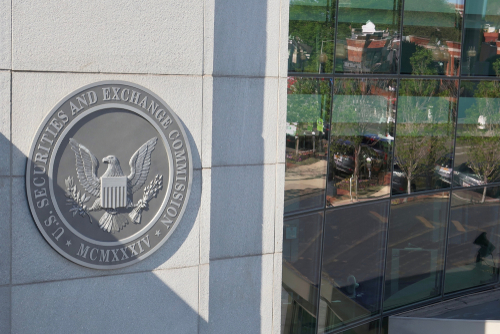The Securities and Exchange Commission (SEC) is granting conditional exemptive relief related to certain requirements of the National Market System Plan governing the Consolidated Audit Trail.

This conditional exemptive relief allows the self-regulatory organizations that are NMS plan participants to reduce the operating costs of the consolidated audit trail (CAT) while maintaining core regulatory functionality.
“Both the Commission and the participants that operate the CAT need to take very seriously their roles in reducing these seemingly endless cost increases. CAT must be more efficient and cost-effective, especially after the recent decision by the U.S. Court of Appeals for the Eleventh Circuit that vacated the 2023 Funding Model Order governing the CAT,” SEC Chairman Paul Atkins said. “While I am pleased to support today’s exemptive relief, I want to reiterate that this is just the start.”
The relief will allow NMS plan participants to, among other things:
- Cease creating interim lifecycle linkages absent regulator request;
- Ease requirements related to the re-processing of late records;
- Cease providing certain functionality associated with the online targeted query tool; and
- Delete certain CAT data and more cost effectively store older CAT data.
“Today’s Commission action begins an overdue journey to reform and rationalize the CAT. The Division will continue to engage participants and industry members to facilitate needed improvements to reduce costs for investors,” Jamie Selway, Director of the SEC’s Division of Trading and Markets, said.
The CAT budget originally approved by the Operating Committee of the CAT for 2025 exceeded $248 million. As a result of implementation of previous cost amendments and the relief granted today, CAT’s expenses are forecasted to fall an additional $20 million-$27 million below the approximately $196 million projected expenses for 2025.